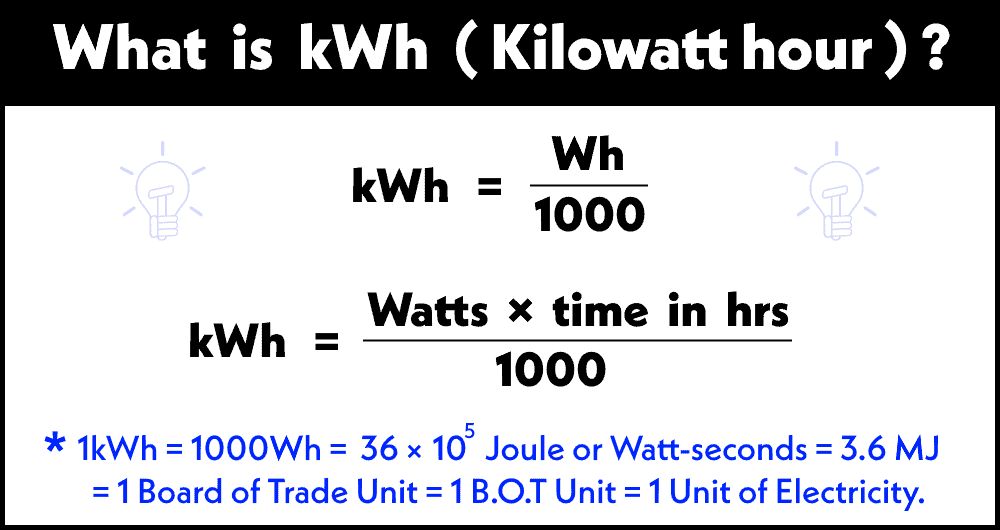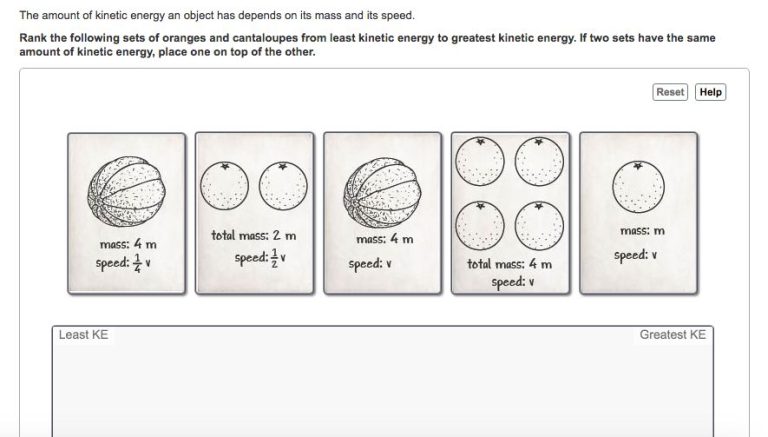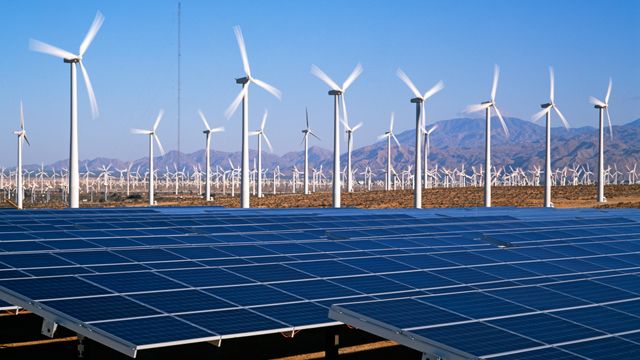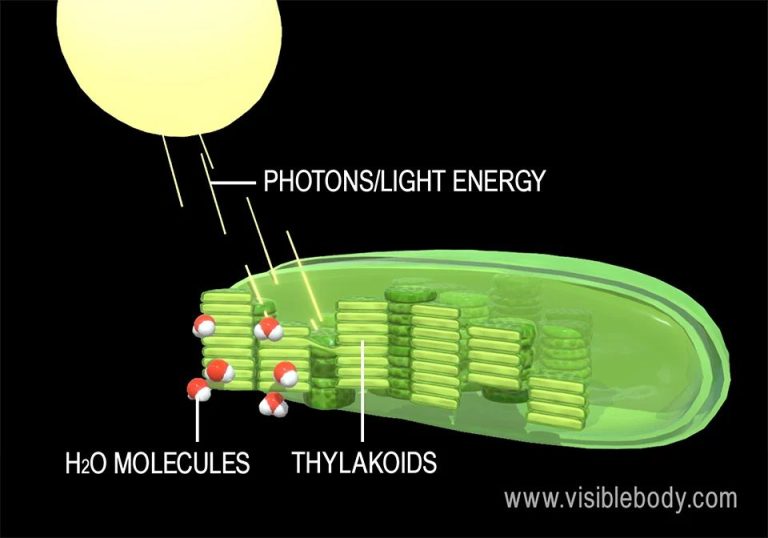What Is Kw Hr Formula?
kW hr, also written as kWh, stands for kilowatt-hour and is a unit of energy used to measure electric power consumption over time. Understanding kW hr and how to calculate kWh usage is important for monitoring and managing electrical costs in homes and businesses.
The kW hr allows us to quantify the amount of energy used by an appliance or entire building. With the kW hr formula, you can determine the energy consumption and cost for anything that uses electricity. This enables tracking of electrical usage and expenses, setting energy budgets, and evaluating the costs and benefits of energy efficiency improvements.
What is a kW hr?
A kW hr, also written as kWh, stands for kilowatt hour and is a unit of energy. A kilowatt (kW) is equal to 1,000 watts of power. A watt is a measurement of power and energy. An hour refers to using that amount of power for one hour.
So a kW hr represents the amount of energy that is consumed at a constant rate of 1 kW for one hour. For example, a 100-watt light bulb uses 0.1 kW of power. If that 100-watt bulb is left on for 10 hours, it will use 1 kW hr of energy (0.1 kW * 10 hrs = 1 kW hr).
In other words, a kW hr is a way to measure energy consumption over time. The kilowatt measures the rate of energy use and the hour measures the duration of time. Multiplying the two together (rate x time) gives you the amount of energy used or consumed.
kW hr Formula
The kW hr formula is used to calculate the electrical energy used or produced over a period of time. kW hr stands for kilowatt hour, which is a unit of energy equal to the work done by power of one kilowatt for one hour.
The basic formula to calculate kW hr is:
kW hr = Power (kW) x Time (hr)
Where:
- Power is measured in kilowatts (kW)
- Time is measured in hours (hr)

To calculate kW hr, you simply multiply the power used in kilowatts by the usage time in hours. This gives you the energy used or produced in kilowatt hours.
For example, if a device uses power at 2 kW for 3 hours, the energy usage in kW hr would be:
kW hr = Power (kW) x Time (hr)
kW hr = 2 kW x 3 hr
kW hr = 6 kW hr
So in this case, the device used 6 kW hr of electrical energy over the 3 hour period.
Calculating kWh Usage
To calculate kWh from kW rating and usage time, you need to multiply the kW rating by the number of hours the appliance or device was used. Here is the basic formula:
kWh = kW x hours used
For example, if you use a 2 kW electric heater for 3 hours, the kWh usage would be:
kWh = 2 kW x 3 hours
kWh = 6 kWh
In this example, you used 6 kWh of electricity over the 3 hours period by running the 2 kW heater. The kW rating represents the rate of energy use, while the hours used represents the duration. Multiplying the two together gives you the total energy consumed in kilowatt-hours.
This same formula can be used to calculate the kWh usage for any electric appliance or device if you know the kW rating and the length of time it was used. Just plug the numbers into the formula: kWh = kW x hours used. This allows you to determine your overall energy consumption and electricity costs.
kW hr Rate
The kW hr rate is the price you pay for each kW hr (kilowatt hour) of electricity you use. It is a measure of the cost of electricity over time and is typically expressed in cents per kW hr. For example, if your electricity rate is 10¢ per kW hr, that means you are charged 10 cents for every kW hr of electricity consumed.
Electricity rates can vary significantly depending on your location, supplier, time of use, and other factors. Utilities establish kW hr rates based on the costs of generating and delivering electricity to homes and businesses. Some of the main components that influence electricity rates include:
- Power generation costs – Costs associated with operating power plants and equipment.
- Transmission costs – Costs for maintaining transmission lines and infrastructure.
- Distribution costs – Costs for distributing power through local lines and transformers.
- Administrative costs – Billing, metering, customer service costs.
- Taxes and fees – Local, state, federal taxes and fees added to electricity service.
- Profit margin – Markup added by utility companies.
Understanding your kW hr rate can help you estimate your electricity costs and compare rates offered by different providers. Some utilities also offer time-of-use rates, where electricity costs more at peak hours and less at off-peak times. Knowing your kW hr rate allows you to shift usage to lower cost periods and potentially reduce your electricity bill.
kW hr Meter
A kW hr meter is a device that measures and records the amount of electrical energy consumed over a period of time in kilowatt-hours (kWh). It is a key component of the electricity infrastructure and is used to monitor energy usage for billing purposes. kW hr meters can be found in homes, businesses, and industrial facilities.
The purpose of a kW hr meter is to provide detailed data on electricity consumption. Traditional electromechanical meters contain a disc that spins as power is used. The number of disc revolutions determines the kWh usage. Modern solid-state meters use integrated circuits to directly measure usage data. The meter records how much energy is consumed over the billing cycle, typically a month.
kW hr meters operate continuously to provide ongoing accurate readings. The meter tracks both instantaneous demand (kilowatts) and cumulative usage over time (kilowatt-hours). This data is then transmitted to the utility company for billing purposes based on the rate per kWh. Advanced meters can also communicate usage data wirelessly for more efficient monitoring and billing.
By providing detailed electricity usage data, kW hr meters enable consumers to better understand their consumption patterns and utilities to better manage demand. The meter readings ultimately determine the costs that appear on monthly electricity bills.
kW hr vs. kWh
Though the terms kW hr and kWh look similar, they refer to different concepts related to electricity usage. The main differences between kW hr and kWh are:
-
kW hr stands for kilowatt hour and is a measure of power over time. It refers to the amount of energy consumed per hour at a constant rate of 1 kW.
-
kWh stands for kilowatt hour and is a measure of energy consumption. It refers to the total energy used over a period of time.
-
kW hr measures the rate of energy use while kWh measures the total amount of energy used.
-
For example, if a device runs at 1 kW for 3 hours, it has used 3 kW hr. But the total energy consumed is 3 kWh.
-
On electricity bills, usage is measured and billed in kWh, not kW hr. kW hr is more useful for calculating the energy draw of devices and appliances.
So in summary, kW hr is a rate unit referring to constant power draw per hour, while kWh is an energy unit measuring total consumption over time. Knowing the difference between the two can be helpful for calculations and managing energy use.
## kW hr Cost Calculator
Calculating your electricity costs can be tricky, but online kW hr cost calculators make it fast and easy. These handy tools allow you to input details like your kW hr usage and rate to estimate your monthly or yearly electricity costs.
There are many free kW hr calculators available online. Most work by asking you to enter your kW hr usage, which you can find on your utility bill. You’ll also need to input your electricity rate, usually provided by your utility company in cents per kW hr.
With these two key figures, the calculators will estimate your electricity costs over any timeframe – day, week, month or year. Some advanced versions factor in billing cycles, peak/off-peak rates, estimated appliance usage and more.
The advantages of using an online kW hr calculator include:
- Quickly estimate your electricity expenses
- Model different usage scenarios
- Compare electric plans and rates
- Forecast future costs
- Track trends over time
So if you need a fast and convenient way to estimate your energy costs, try out an online kW hr calculator. Within minutes you’ll have a clear picture of your electricity usage and spending.
kW hr Usage Tips
There are several ways you can reduce your kW hr usage and lower your electricity bills:
Use Energy Efficient Appliances
Replace old appliances like refrigerators, washing machines, and air conditioners with ENERGY STAR certified models. Energy efficient appliances consume less electricity.
Switch to LED Light Bulbs
LED bulbs use up to 80% less energy than traditional incandescent bulbs and last much longer. Replacing all your lights with LEDs can make a big difference.
Unplug Devices When Not in Use
Many appliances and electronics draw power even when switched off. Unplug them or use power strips to completely cut off phantom load.
Use Less Hot Water
Heating water accounts for a large share of home energy bills. Take shorter showers, wash clothes in cold water, and install low-flow showerheads to reduce hot water usage.
Seal Air Leaks
Sealing cracks and gaps around windows, doors, wiring, and plumbing can improve insulation and reduce energy needed for heating/cooling.
Adjust the Thermostat
Keep your home’s temperature moderate and adjust the thermostat settings to match your schedule. Turn it down at night and when away.
Conclusion
In summary, a kW hr (kilowatt hour) is a unit of energy that represents the amount of electrical energy used at a rate of 1 kW for 1 hour. Understanding kW hrs allows you to calculate your electricity usage and costs. The kW hr formula is kW x hours used, which shows that your energy use over time determines your kW hr consumption. Tracking your kW hrs via your electric meter can help you identify opportunities to reduce wasted energy and lower your utility bills. Knowing the kW hr rate set by your electric company also helps you estimate costs and budget accordingly. While easy to confuse, kW hr measures usage over time whereas kW and kWh refer to instantaneous power. Carefully monitoring kW hrs and making simple reductions in usage leads to greater energy efficiency and savings.
In conclusion, grasping the fundamentals of kW hrs gives you the knowledge to take control of your electricity consumption. Awareness of your hourly energy use patterns allows you to identify waste and adopt more efficient habits. With small lifestyle changes, you can significantly cut your kW hr usage, decrease your carbon footprint, and save on monthly electricity bills. The importance of understanding kW hrs lies in using that knowledge to inform smarter energy decisions.






